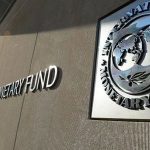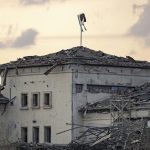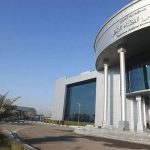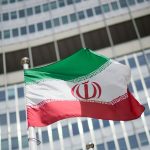Lebanese Parliamentary Elections: About 60% of the Lebanese diaspora voted
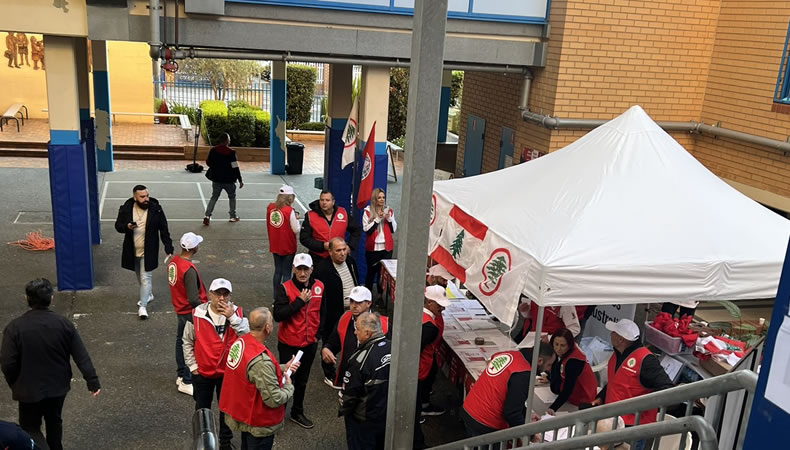

When 46,000 out of 82,000 registered voters voted in 2018, the ratio of expat voters was close to 56 percent. According to election observers, expat turnout “did not live up to expectations” because “those who registered to vote overseas had a personal desire to vote, but it appears that many of them abandoned it subsequently.” The Iranian expat elections, which began on Friday, finished at the last polling site on the US West Coast at early on Monday. Syria had the greatest voter participation, with 84 percent, while Iraq had the lowest. “This proportion of the electoral cycle is good,” Hadi Hashem, the ministry’s head of expat relations, said.
After the 2018 elections, he described the voting process overseas as “the greatest logistical effort in the contemporary history of Lebanon, including 58 nations, 205 mega-centers, 598 polling sites, more than 2,000 personnel, and 250 ambassadors who worked uninterrupted day and night.”
Related Posts
When the polls shut after the countrywide vote on Sunday, the abroad ballots will be transferred to Beirut for tallying. The voting process will elect 128 MPs, and the amount of polling conducted outside of the country confronts candidates with a difficult week to rally their supporters.
Except for the Russia box, the ministry awaited the return of the vote boxes from overseas through DHL air on Monday. Because DHL does not deal with Russia, Lebanon’s envoy to Moscow, Shawki Bou Nassar, will personally transport it to Beirut at early on Tuesday.
In preparation for sorting on Sunday night, the ballot boxes will be deposited at the Central Bank. The proportion of voters in the UAE and France reached almost 70 percent, according to preliminary voter lists. In Germany, it was 59 percent. It was about 75% in the United Kingdom, around 50% in North America, and around 54% in Australia.
Observers predicted that Lebanon’s current week will be hotly contested in terms of elections, with state personnel voting on Thursday and the general population voting on Sunday. Those taking part in the polls have began to calculate the influence of the expat vote, as well as whether the large number of people voting may throw off formulae and generate unexpected outcomes.
Former MP Salim Diab, the head of the electoral machine for the “Beirut Confronts” list, told Arab News that the voting machines were unable to capture voter patterns through expat ballot boxes. “What we have currently are percentages of votes cast, not names of candidates.” It’s tough to tell right now. However, everyone is prone to change.
Former Prime Minister Saad Hariri, who stopped his Future Movement party’s political activity, Diab said, had given people the choice to vote whomever they wanted and offered them with numerous alternatives through election lists. “However, based to our analysis of voter sentiment in Beirut, the contest has narrowed to two or three lists. From now until next Sunday, this war will demand a lot of work,” he continued. 15,000 employees from government agencies are expected to vote on Thursday.
In view of the collapse in the value of their earnings and the devastation of their living standards, it is unknown to what degree their worsening living situations would influence their decisions. Thousands, on the other hand, are linked with established parties or have worked for them in government agencies. “Cases of voter coercion by various political groups, which led to some difficulties in more than one area,” the Lebanese Association for Democratic Elections claimed.
On Monday, LADE released a report summarizing suspected breaches during the expat elections. The “Amal movement, Hezbollah, the Free Patriotic Movement, the Lebanese Forces Party, and the Islamic Charitable Projects Association” were among those who committed such violations.
Despite attempts by those in power to play the partisan and sectarian cards, the intensity of polling abroad was concentrated on the lists of Beirut’s first and second districts, the third northern district, and the Chouf and Aley districts, which observers believed to be in the interest of change and opposition forces.
On Tuesday, when Parliament Speaker Nabih Berri, the candidate at the top of an Amal Movement ticket with Hezbollah in the south, speaks, this split will be clear. Hassan Nasrallah, the Hezbollah secretary-general, is asking followers in the south, the southern suburbs of Beirut, and Baalbek-Hermel to support the organization and its allies.
Hassan Nasrallah, the Hezbollah secretary-general, is asking followers in the south, the southern suburbs of Beirut, and Baalbek-Hermel to support the organization and its allies. He called the election “a pivotal struggle for the resistance and its weapons in the face of foreign agendas antagonistic to the resistance axis in Lebanon and the region.”





